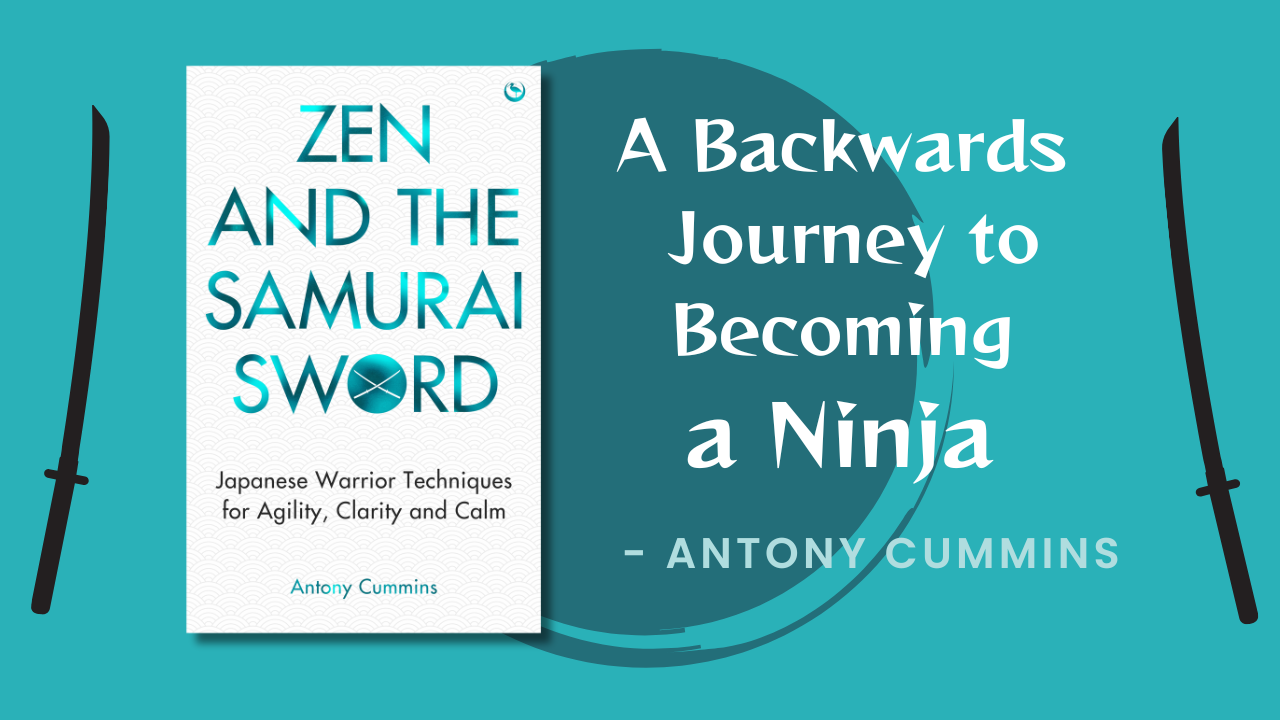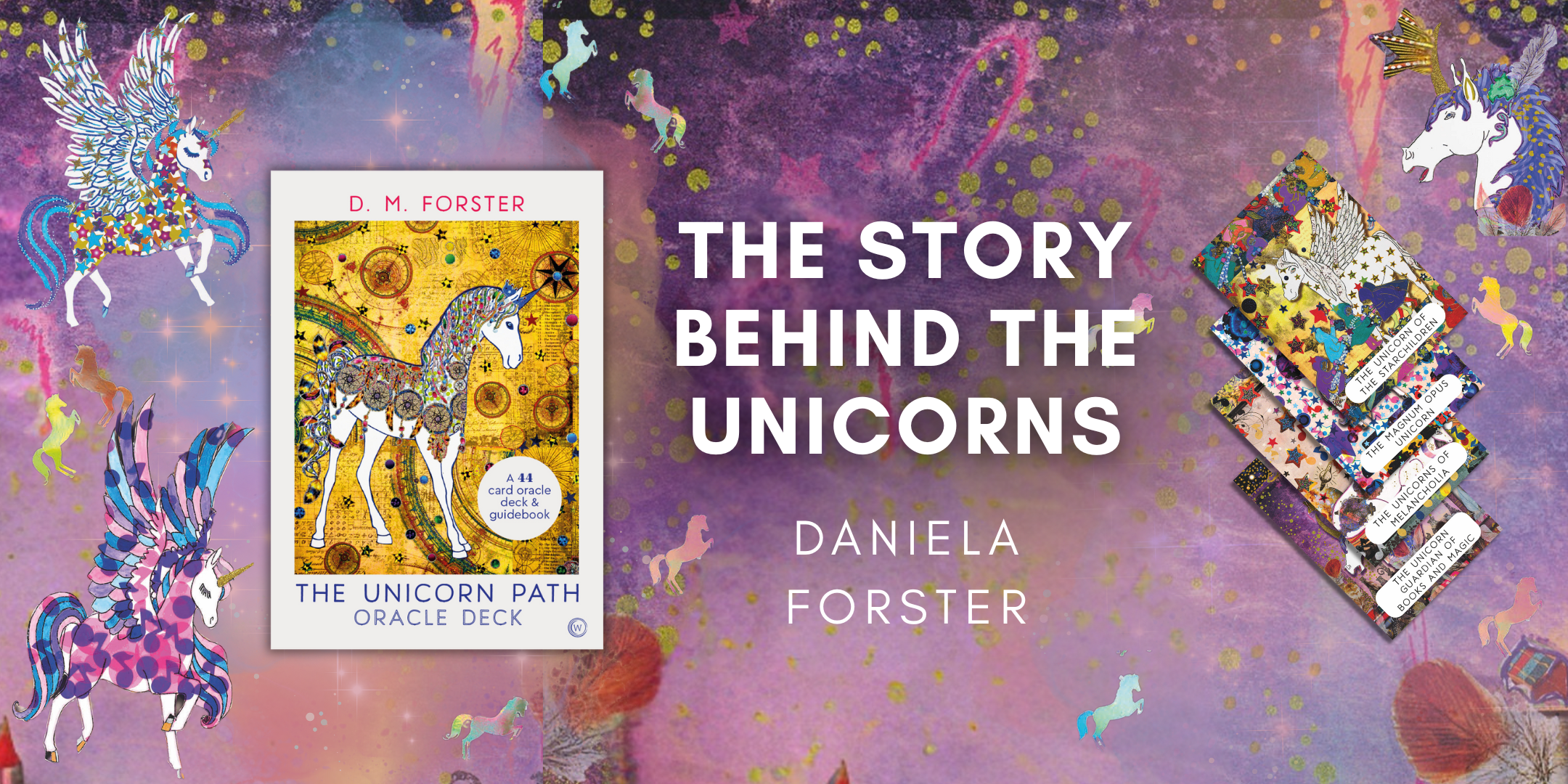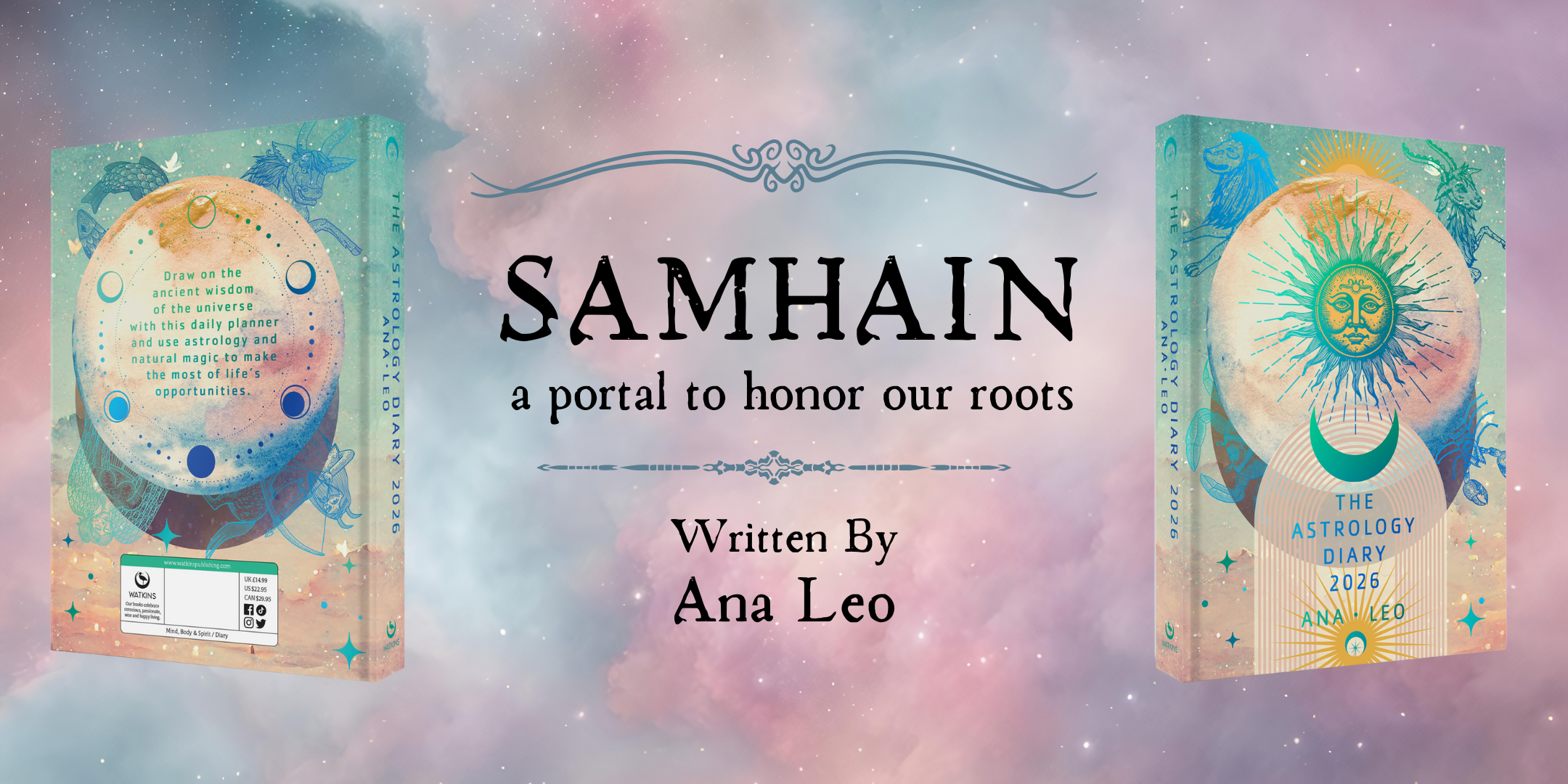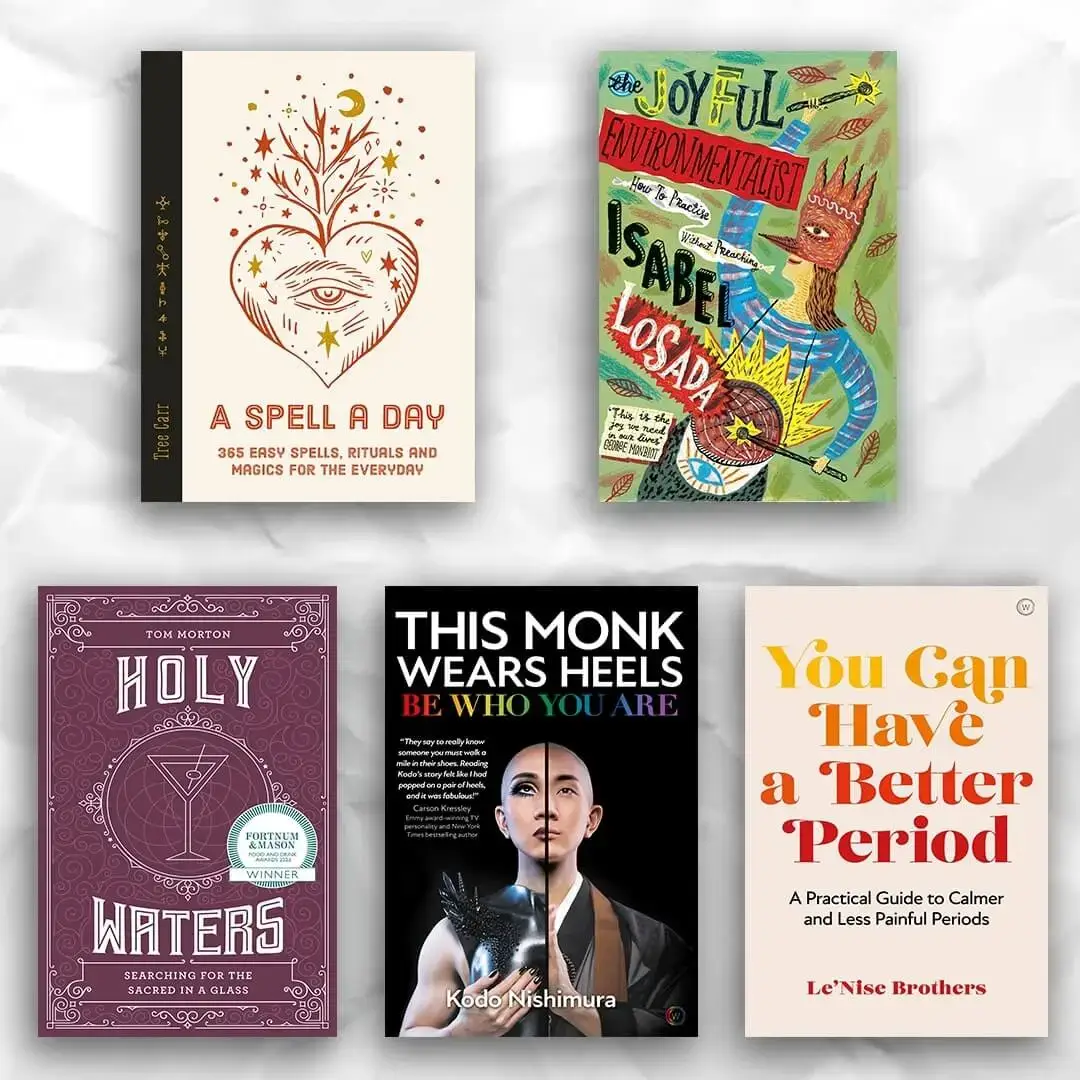
A Backwards Journey to Becoming a Ninja – Antony Cummins
I started at the end. I was going to be a ninja. Standing in the doorway of an ancient master’s dojo in Japan, dreams stood
I’m sitting in a cafe on a Friday afternoon, and a notification from my Discord app goes off. I’ve had a Swiftie group chat ever since starting my first Taylor Swift and classic literature analysis class in March of 2024 (the inception of my upcoming book Dear Reader: An Immersive Literary Journey Through Taylor Swift’s Lyrics). Swifties love yapping, so a group chat wasn’t a request, it was necessary, especially circa The Tortured Poets Department album drop. Trust, we “crazy fans” had (and continue to have) a lot of things to say.
The chat stayed popping off through Taylor’s Eras Tour, but, honestly, it’s been drier than the Sahara since its end in November. Taylor went into restful hiding (good for her), so we had nothing to say… that is until we started clowning for Reputation (Taylor’s Version) to drop at the 2025 American Music Awards. News flash: it didn’t drop, and we were left wearing our rainbow wigs and red noses in silence.
Let me circle back — you, normal person, unburdened by the curse of the Taylor Swift Easter egg, may not have the slightest clue what I mean by Reputation (Taylor’s Version). If she drops it, wouldn’t it already be her version?
The date was June 30, 2019. It was the middle of her sparkling summer — love AND Lover (her soon-to-be 7th studio album) filled the air — and Taylor had just woken up, when she found out (with the rest of the world) that not only did she not own the first six albums she had written, recorded, and poured her blood, sweat and glitter into, but also that her longtime manager, an evil villain by the name of Scott Borchetta, had SOLD her music to Taylor’s arch nemesis (besides Kanye), Scooter Braun!
No warning. Just a 9:05 p.m. text the night before, sent as a smug mirror of the one Taylor had sent when leaving Big Machine. The next morning, it was plastered across The Wall Street Journal: Scooter Braun and his private equity partners had bought Big Machine Records — including Taylor’s master recordings — for a reported $300 million. Her life’s work, gone in a headline.
What proceeded was the vengeful work of a woman scorned. And not just any woman — a billionaire, record-breaking, sparkle-eyed Sagittarius who had receipts and a fanbase with a vengeance of its own. Instead of slinking away and letting the suits pass around her work like a business deal, Taylor came up with a plan (with a nudge from Kelly Clarkson, no less): she was going to re-record all six albums and prove that her fans weren’t just loyal to the songs — we were loyal to her.
Thus, Taylor’s Version was born! Between her new albums and the re-recordings, Taylor spent the next six years pumping out music like Alexander Hamilton writing the Reynolds Pamphlet. From 2019 to 2025, she released nine (NINE!!!!) albums — two of which had 30+ songs on them. And the fans showed up. We stopped streaming the original versions (dubbed “stolen versions”) of Taylor’s albums and waited patiently for her versions to drop — in order: Fearless, Red, Speak Now and 1989. Each one came with vault tracks, or songs from the original era that didn’t make the first cut but were all masterpieces.
It’s hard to put into words just how exciting each re-recording announcement was, or how magical it felt to hear new-old Taylor songs for the first time. But she was right — our loyalty wasn’t just to the music. It was to her. To the girl who’d been kept in the dark about the fate of her work. To the woman who turned injustice into art, and made us feel like we were part of the story.
Let’s hop timelines back to the cafe and talk about the Discord notification. The chances that it was a message announcing one — if not both — of Taylor’s final re-records (Debut and Reputation) were low, but never zero. So when I saw the message that said, “Did you see the letter,” I immediately fumbled with my phone like a cartoon character trying to get to her website.
And there it was — a message straight from Taylor to us: she bought back her masters.
Was I a little sad it wasn’t a re-recording announcement? Yeah. But as a fan of Taylor, her happiness, and the downfall of evil men, I was thrilled. Her plan worked. By streaming and screaming and crying at the Eras Tour and buying all 15 physical variants of 1989 (Taylor’s Version), we helped make it happen.
“All I’ve ever wanted was the opportunity to work hard enough to be able to one day purchase my music outright with no strings attached”, she wrote. And now, she has. Taylor owns her music. I can’t help but think about how poetic it is that she’s choosing to share it all with us.
I find it incredibly fitting that the last song Taylor released before getting her masters back was called “The Manuscript”. In literature, a manuscript is an early draft.
The song reads like a diary entry about a past relationship, but it also feels like a metaphor for her work. Over the years, Taylor has returned to earlier themes, lyrics, and eras — not to relive them, but to revise them and re-record them, to add new layers of meaning, the same way an author might build on an old manuscript. She’s layered new meaning onto old material, turning what was once hers alone into something we all share (for example, recognizing the same piano medley from “champagne problems” later in “Chloe or Sam or Sophia or Marcus”).
That’s why the final lyric of the song — “Now and then I reread the manuscript, but the story isn’t mine anymore” — hits so hard. Because the irony is, now that she finally owns her life’s work, she’s giving it away again. Only this time it’s on her terms.
When I started teaching and writing about Taylor Swift, I wasn’t just interested in the liner-note Easter eggs or the fan theories (though I absolutely love both). I wanted to explore what her songs mean, how they borrow from classic literature, reflect cultural shifts and tell us something about power, identity and being a woman in the world. Just like the greatest writers before her — Shakespeare, Brontë, Shelley and beyond — Taylor uses language to tell stories that stick with us.
And now that Taylor owns her work, we can honor what she’s reclaimed by reading it the way it deserves to be read: closely, curiously and with care. By treating her lyrics like literature and finding ourselves in her words — the same way we do with the canon.
That’s exactly what I set out to do in Dear Reader: An Immersive Literary Journey Through Taylor Swift’s Lyrics, out September 9, 2025.

I started at the end. I was going to be a ninja. Standing in the doorway of an ancient master’s dojo in Japan, dreams stood

If I asked you to describe your home, what words would you use? You might tell say it’s an apartment, a cottage, or a townhouse.

Initially, what moved me to create the Unicorn Path is the sweet song “Chloe the Unicorn”. It was a song for my friend’s child. I

In many spiritual traditions around the world, the end of October marks a special moment. The veil between worlds becomes thinner. It is the time
"*" indicates required fields

Get a FREE eBook when you subscribe to our newsletter, and be the first to know about our new releases, exciting events and all the latest news!
"*" indicates required fields